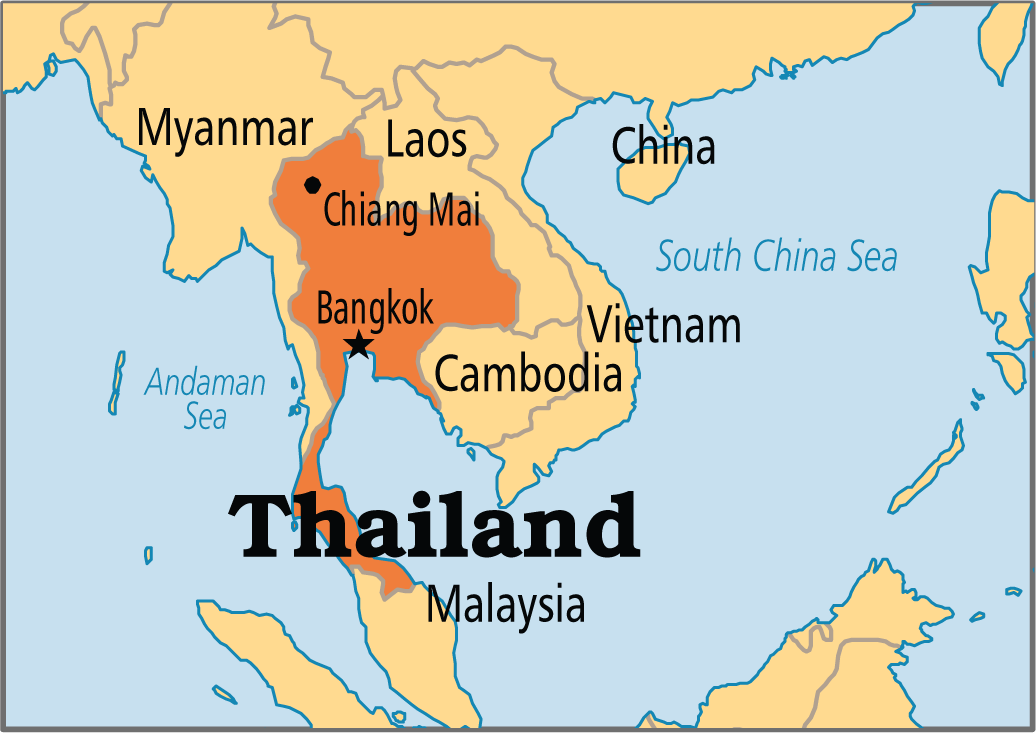International Relations
Pro-Democracy Protests in Thailand
- 17 Oct 2020
- 5 min read
Why in News
Recently, Thailand’s government banned gatherings of more than five people in the face of three months of escalating demonstrations that have targeted the King as well as the Prime Minister.
Key Points
- Initially, the government allowed peaceful and lawful protests but now stringent control, due to anarchy in protests.
- Background: The roots of the current discontentment go back to the 2014 coup which brought the junta (military dictatorship) in power which tightened its grip on power and introduced more and more restrictions on the public.
- In 2017, the military introduced a new Constitution, which allowed the military to appoint a 250-member Senate that would play a role in selecting the Prime Minister.
- The country held the delayed Parliamentary election in 2019, which was seen as a mere exercise to transfer power from the junta to an elected government.
- Role of Monarchy: Thailand’s royal family has considerable influence over the country’s political system and is revered by citizens.
- Many, particularly young Thais, have increasingly started questioning the monarchy’s role, its privileges, and the power it has exerted in the country for years.
- Latest Cause: Anti-government protests emerged last year after courts banned the most vocal opposition party.
- This political party was relatively new, and had been formed in 2018, with the goals to restrain the military’s powers and interference in the political spectrum and to tackle social and economic inequality in the country.
- The Protest:
- Most of the protestors are students and young people in their 20s. There is no overall leader.
- Key Groups:
- The Free Youth Movement, which was behind the first major protest in July.
- The United Front of Thammasat and Demonstration, a student group from Bangkok’s Thammasat University, which has championed calls for monarchy reform.
- The Bad Student Movement of high-schoolers, which seeks education reform.
- Demands:
- Reforms to the Monarchy: Students submitted 10 demands to the government, asking for a separation of the King’s assets and the Crown Property Bureau (quasi-government institution to manage the monarch's property in Thailand).
- They also wanted to cut the Palace’s share in the national budget, a ban on the King from expressing his political views, and safeguards to prevent him from endorsing future coups.
- Some protesters want to reverse a 2017 increase in the king’s constitutional powers, made the year after he succeeded his widely revered late father King Bhumibol Adulyadej.
- The Lese Majeste Laws: The monarchy is protected by Section 112 of the Penal Code, which says whoever defames, insults or threatens the king, queen, heir-apparent or regent shall be jailed for three to 15 years.
- This law has remained virtually unchanged since the creation of the country's first criminal code in 1908, although the penalty was toughened in 1976.
- Protesters also seek the scrapping of lese majeste laws.
- Pro-democracy activists say that Thailand is backtracking on the constitutional monarchy established when absolute royal rule ended in 1932.
- Also, the monarchy is too close to the army and argue that this has undermined democracy.
- Other Demands: The students have also called for the Prime Minister’s resignation; a new Constitution; fresh, free and fair elections; and an end to attacks on dissidents and opposition parties such as the Future Forward Party.
- Reforms to the Monarchy: Students submitted 10 demands to the government, asking for a separation of the King’s assets and the Crown Property Bureau (quasi-government institution to manage the monarch's property in Thailand).
Way Forward
- The democratic voice must be heard in Thai Protests not merely a promise of superficial democracy. For India also, it is a critical time to observe the outcome of the protest but wiser is to engage constructively with the regime in regard to democracy and human rights.







